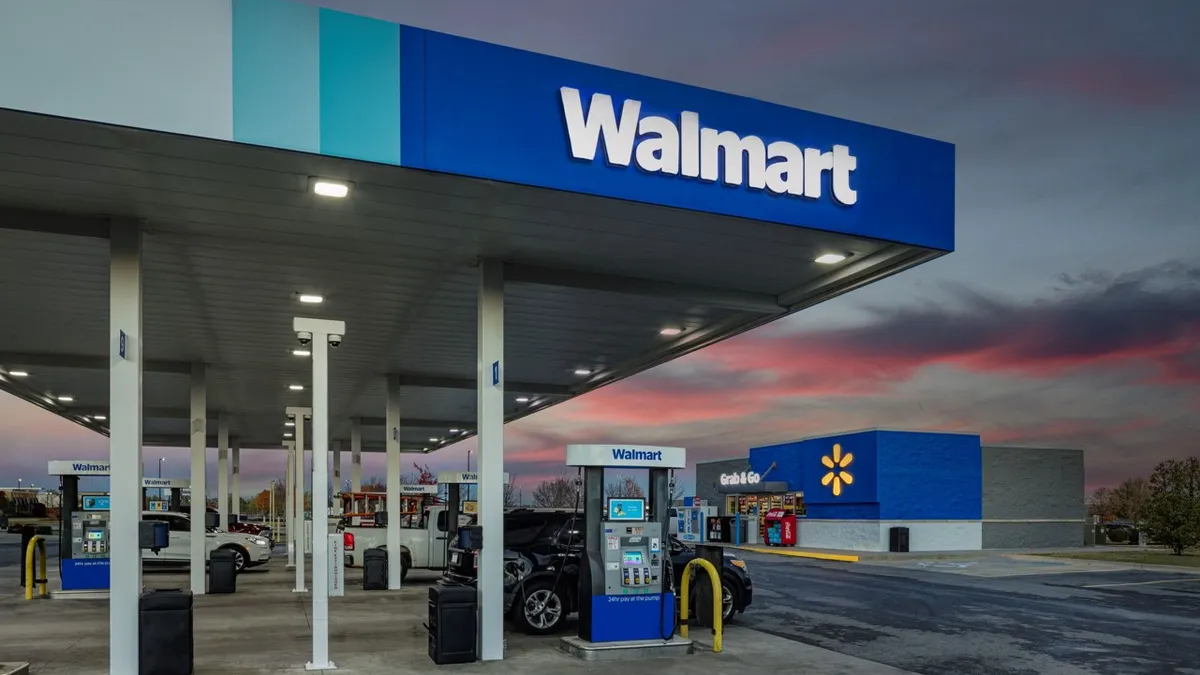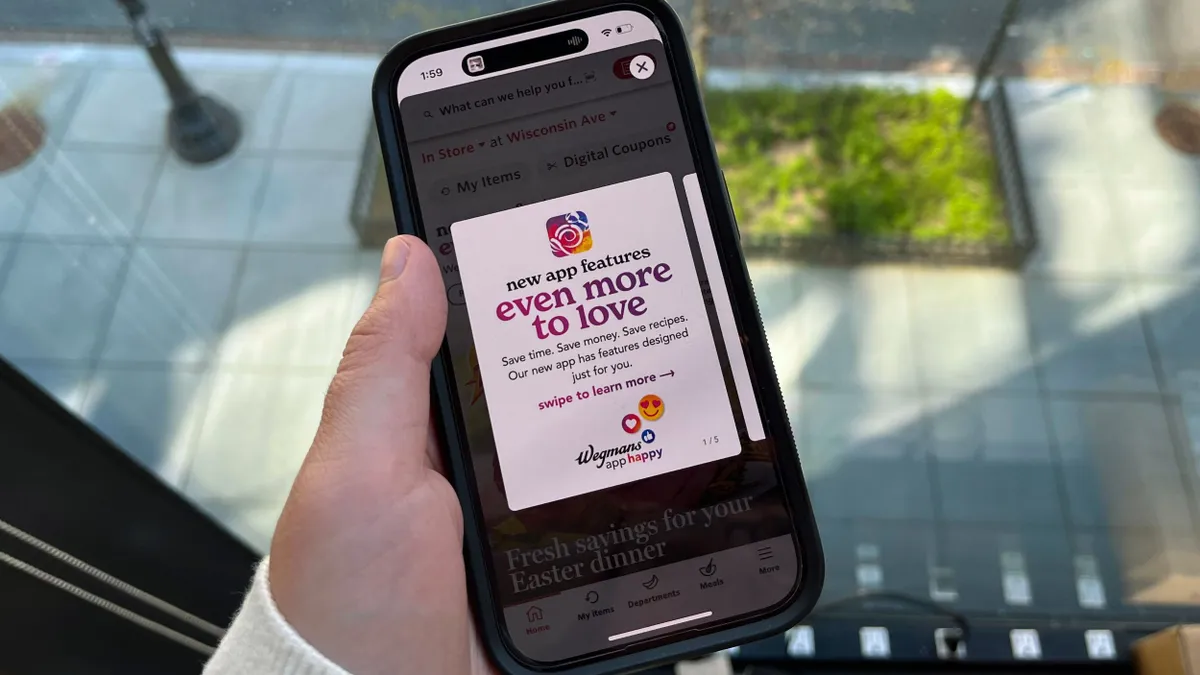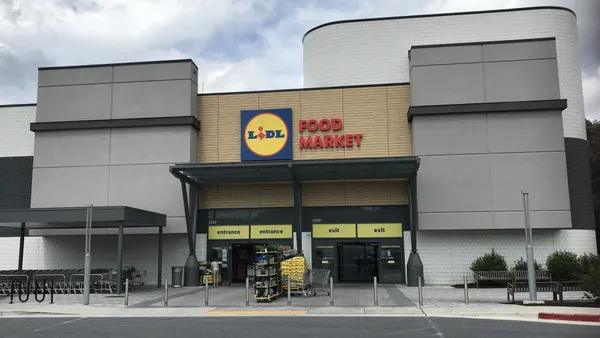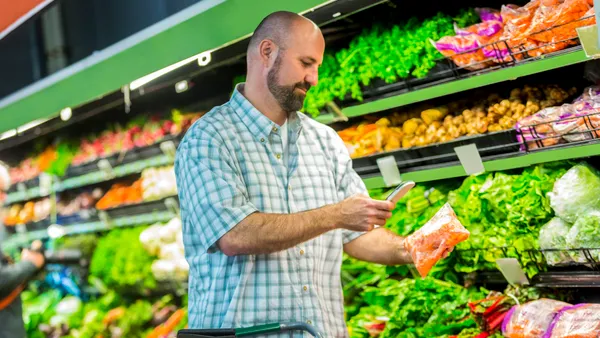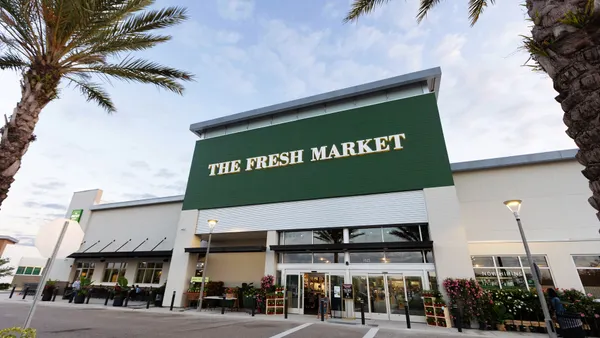Dive Brief:
- Meal kit company Purple Carrot just launched The Garden Incubator, an early-stage startup program for plant-based products. Venture capital firm Unovis Partners is also providing funding for this program through its New Crop Capital fund.
- Participating startups will get support in strategy, branding, marketing, e-commerce, operations, fulfillment and data analytics. Additionally, some companies will receive up to $250,000 in seed funding.
- The Garden Incubator will be an investor, an incubator and a launchpad for companies looking to expand and raise awareness for future investment and growth, the release from Purple Carrot states.
Dive Insight:
Like many other meal kit providers, Purple Carrot struggled financially following a period of rapid growth. But the company received a life line just a few months ago when it was acquired for $12.8 million by Japanese e-grocer Oisix ra daichi. Now, Purple Carrot — which has partnered with Whole Foods and Superbowl-winning quarterback Tom Brady — is looking to deepen its positioning as a meal kit provider specializing in plant-based ingredients.
As interest in the plant-based foods expands, startups are vying for the attention of the big companies that can help scale their products and bring them national attention. Nosh reported The Garden's strategy will be informed by data received from meal kit customers about what kind of plant-based products consumers want. Purple Carrot will then work through its incubator with six to 10 brands filling that need by tailoring the type of mentorship provided to each.
Although The Garden Incubator has yet to make any investments, it has competition for plant-based startups. Many large food and beverage companies have their own accelerators to help boost the next big brands. Several of these zero in on plant-based alternatives. Land O'Lakes has an incubator dedicated to investing in alternative dairy product startups struggling to reach scale. PepsiCo's Nutrition Greenhouse program looks for participants in the better-for-you space.
Investing in the plant-based segment is a part of a larger trend. This past September alone, Tyson invested in plant-based shrimp maker New Wave Foods, Hormel launched Happy Little Plants branded soy-based protein and Kroger launched its plant-based private label collection. As more big names launch their own brands and look to invest in others, this new incubator could be a space to find who's up and coming.
The plant-based protein and meat alternative categories is projected to grow from $4.6 billion in 2018 to a whopping $85 billion in 2030, according to investment firm UBS.
Meal kits, meanwhile, are adjusting their strategies in line with shopper demand. Blue Apron, which continues to struggle, has reigned in its marketing spend and focused more on its core customers. Albertsons recently ended Plated's subscription meal kit and announced the brand will become part of its private label portfolio. And players like Kroger-owned Home Chef and Hello Fresh have expanded into prepared foods.




